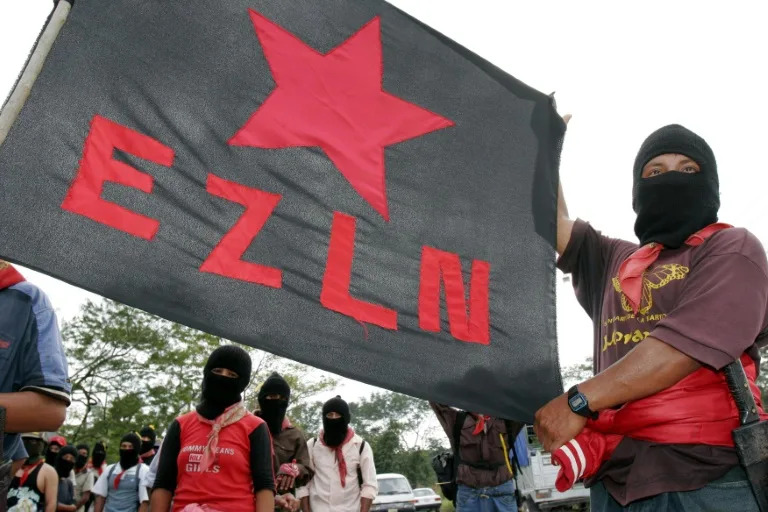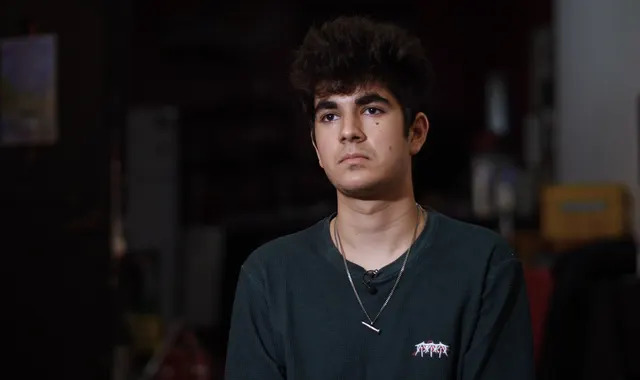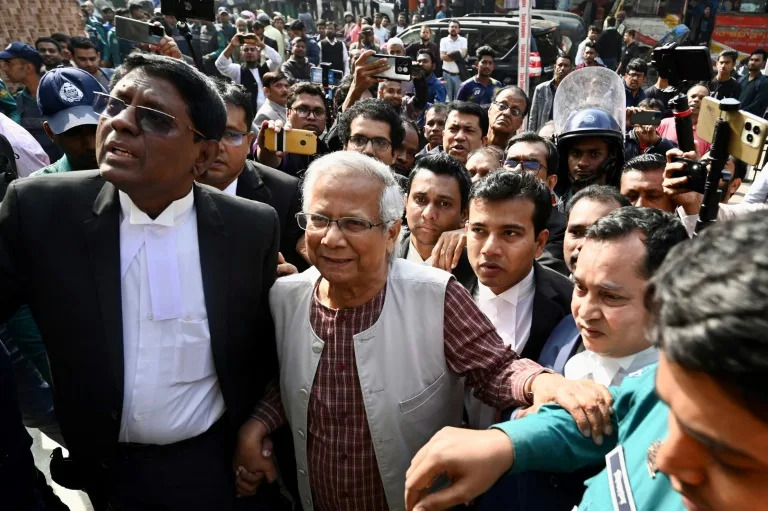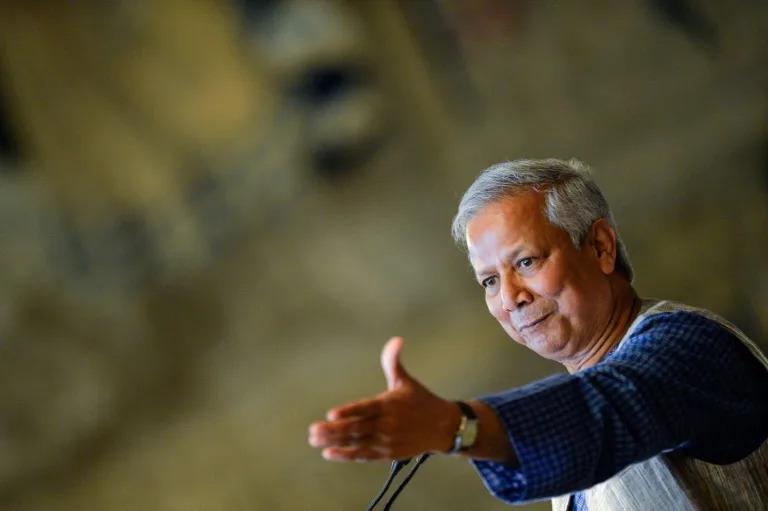JESUIT DENOUNCES FEMICIDE
Pope denounces violence against women as Italy searches soul over murderPhilip Pullella
Mon, 1 January 2024
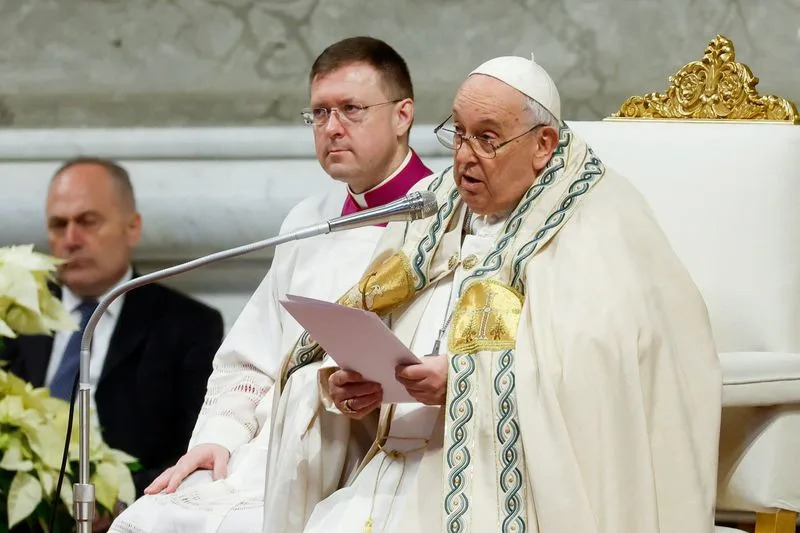


Pope Francis celebrates the World Day of Peace in St. Peter's Basilica at the Vatican
VATICAN CITY (Reuters) - Pope Francis on Monday denounced violence against women, speaking as Italy is in the midst of national soul-searching about how to shed an entrenched culture of male chauvinism that often has led to femicide.
Francis has made numerous appeals for an end to violence against women in the past. But his words on Monday were the first in a speech since Italy was angered by the brutal killing of 22-year-old university student Giulia Cecchettin in November.
The killing sparked protests around the country and led to calls that teaching respect for girls become part of school programmes beginning at kindergarten level.
"Every society needs to accept the gift that is woman, every woman: to respect, defend and esteem women, in the knowledge that whosoever harms a single woman profanes God, who was born of a woman," he said.
Italian lawmakers unanimously backed a raft of measures to clamp down on violence against women after the killing reopened a national debate on the subject.
Her ex-boyfriend has confessed to the killing, his lawyer has told reporters.
According to Italy's interior ministry, more than 100 women were killed in 2023, about half of them by their partner or former partner. Femicide has become a common word in newspaper headlines.
The outrage over Cecchettin's killing coincided with the box office success of a film titled "C'e Ancora Domani" (There's Still Tomorrow), which tells the story of a woman beaten by her husband.
Set in Rome just after World War Two, when women won the right to vote, the film is now being used as a teaching tool in schools throughout the country.
The pope made his comments in a homily of a Mass in St. Peter's Basilica on the day the Roman Catholic Church marks the Solemnity of Mary Most Holy Mother of God, which is also the Church's World Day of Peace.
Francis said women had a crucial role in being models for peace.
"The world, too, needs to look to mothers and to women in order to find peace, to emerge from the spiral of violence and hatred, and once more see things with genuinely human eyes and hearts," he said.
(Reporting by Philip Pullella; Editing by Alison Williams)







